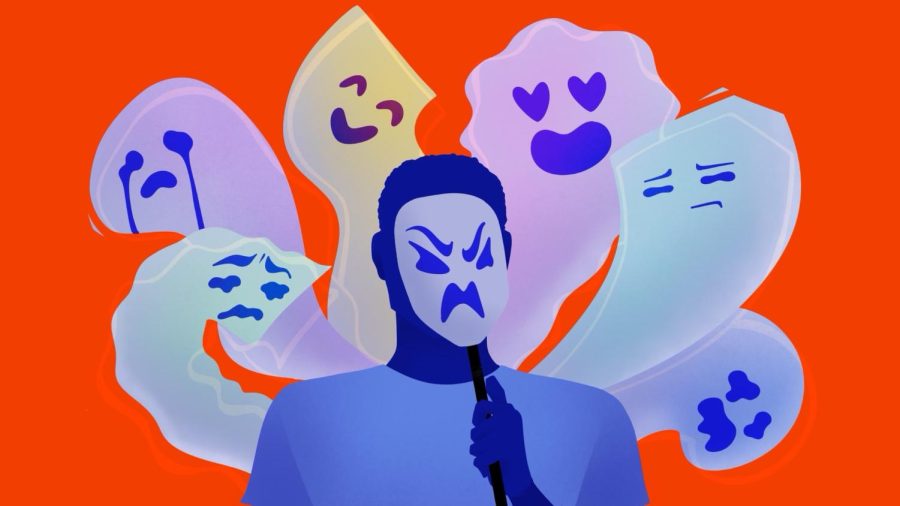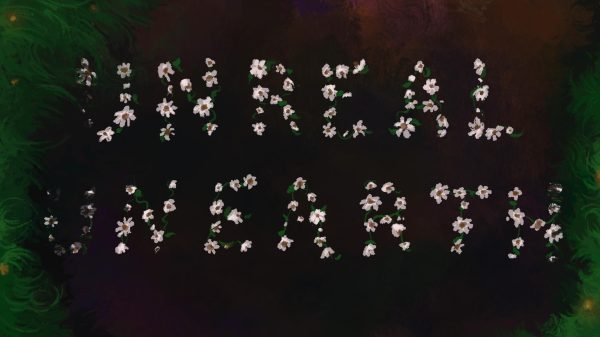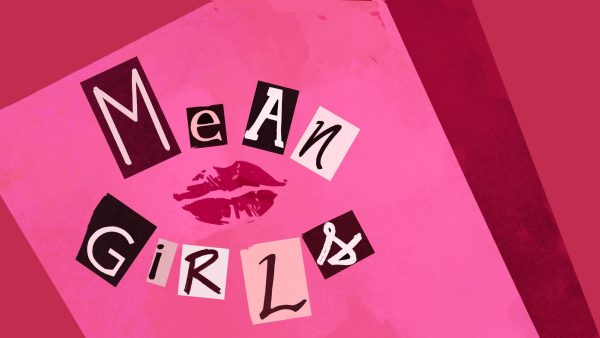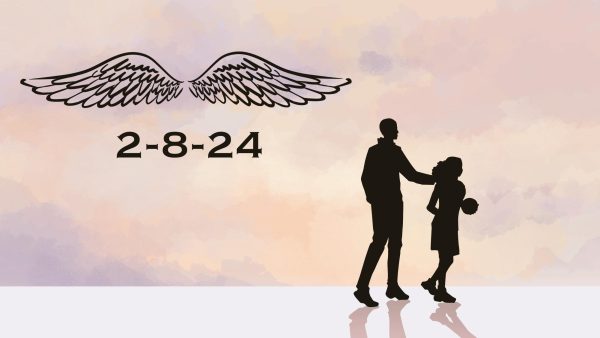OPINION: Dealing with the barriers of patriarchy
People commonly misunderstand the term patriarchy. When men in particular hear the word, many of us tend to get defensive, feeling it is a condemnation of men as a whole.
In order to understand what patriarchy is, we need to understand what it isn’t. Patriarchy isn’t individual sexism or casual misogyny by “a few bad apples.” It’s a social system in which men are granted greater privileges than other genders. The system is upheld through learned cultural practices and beliefs and implicit bias. It is also perpetuated via legislation and court rulings.
Men and other genders alike are encouraged to prop up and conform to these hierarchical standards out of fear of being labeled as “a deviant.” While women and people of other genders are the primary victims of this social system, I think it’s important to note how men are also victimized due to the expectations of patriarchy.
I want to make it clear that I’m not making excuses for male behaviors or downplay the effect these behaviors have on victims of patriarchal injustice. The point I’m trying to make is that it’s important to understand the roots of how some men feel compelled to embrace the narrow spaces of masculinity.
Men in this hierarchy are encouraged to avoid attributes viewed as feminine, avoid emotional expressions outside of anger, aspire to be dominant and have extreme self reliance. These traits are all associated with toxic masculinity. People misunderstand the concept of toxic masculinity itself, with the misconception that the term essentially paints all male behavior as “toxic.”
Toxic masculinity is not a condemnation of men or a synonym for masculinity.
Whenever someone calls attention to these traits and calls them toxic, they’re critiquing how narrow this line of thinking is and how damaging living up to this standard of manhood can be for men and those who are affected by their actions. Many men try to embrace this standard of masculinity because it has been ingrained into them from a young age and failing to conform to the standard makes them “unmanly.”
Author and social activist Bell Hooks noted in her book, “The Will to Change: Men, Masculinity and Love” that men are encouraged at a young age to deny parts of their humanity.
“Learning to wear a mask (that word already embedded in the term “masculinity”) is the first lesson in patriarchal masculinity that a boy learns. He learns that his core feelings cannot be expressed if they do not conform to the acceptable behaviors sexism defines as male. Asked to give up the true self in order to realize the patriarchal ideal, boys learn self-betrayal early and are rewarded for these acts of soul murder,” Hooks wrote.
Another downside to this narrow ideal is the policing of who is considered a “real” man. Those who don’t fit the binary view of manhood – meaning those who aren’t cisgender and heterosexual – are left out of the discussion. The expansion of manhood beyond the binary is essential to gaining a complete picture of the human experience, as is acknowledging the wide range of sexual preferences and gender identities that have existed throughout human history.
Masculinity is a social construct that varies from culture to culture, not a set-in-stone list of attributes with no room for reevaluation. One thing that is important for men to realize is that critiquing or challenging the patriarchal standards of masculinity is not an attack on individuals. The intention of this critique is to broaden the scope of manhood to allow for healthy expressions of masculinity that benefit both men and others around them.
If we really want to move forward and take steps towards supporting each other, the barriers that patriarchy puts on people have to be confronted first.
Your donation will support The Lion's Roar student journalists at Southeastern Louisiana University.
In addition, your contribution will allow us to cover our annual website hosting costs.
No gift is too small.

Ian Stewart is a creative writing major and serves as the opinions editor. He has worked on the newspaper staff since the Fall of 2021. Ian is a native...

Yumi Domangue is a double major in mechatronics engineering technology and new media and animation. She joined Student Publications in the Fall of 2021...






